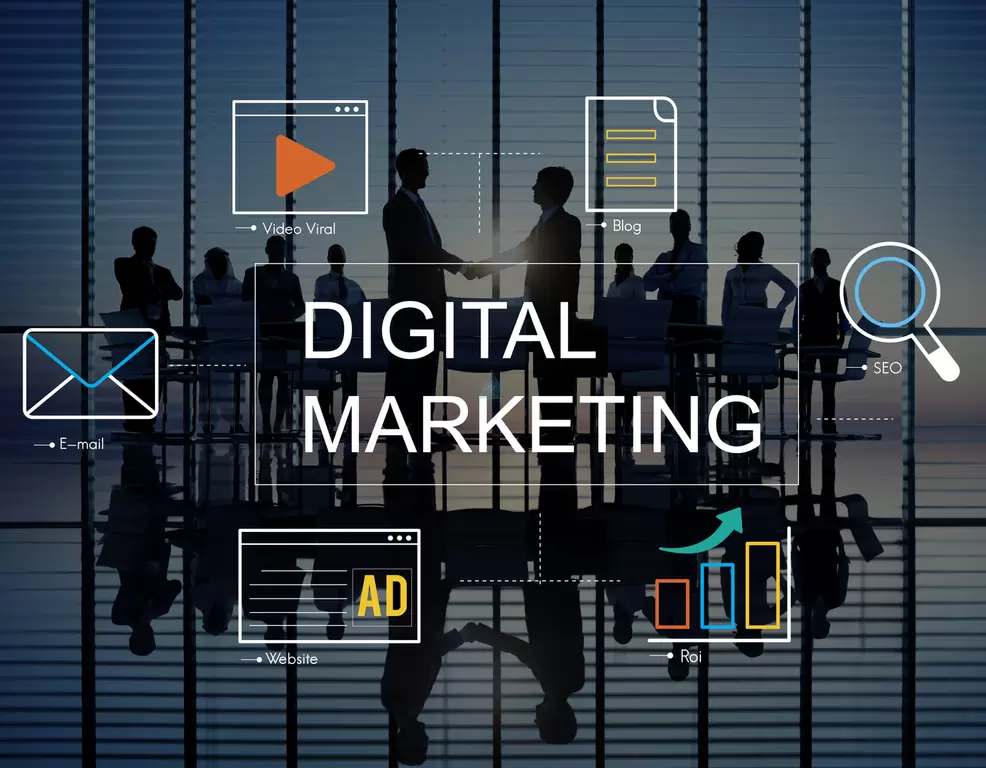- 致电我们: +905323690748
- 电子邮件: [email protected]
- Akarca, Mustafa Kemal Blv. No:173/B, 48300 Fethiye/Muğla

小型企业数字营销的最终指南
In today’s digital age, small businesses must harness the power of digital marketing to thrive. Start by establishing a strong online presence through a user-friendly website and active social media profiles. Search engine optimization is essential; it helps your site rank higher on search engines, driving organic traffic. Content marketing, such as blogs and videos, allows you to engage with your audience while showcasing your expertise. Email marketing remains a powerful tool for building customer relationships and promoting offers. Utilize analytics to track your efforts and refine your strategies. Embrace local SEO to attract nearby customers, and consider paid advertising for immediate visibility. Digital marketing, when executed thoughtfully, can significantly boost your small business’s reach and success.
In today's digital landscape, small businesses face unique challenges and opportunities when it comes to marketing. This comprehensive guide aims to equip small business owners with essential digital marketing strategies to enhance their online presence, attract customers, and drive sales. From understanding search engine optimization (SEO) to leveraging social media platforms and email marketing, we will explore the key components of a successful digital marketing strategy. Additionally, we will discuss the importance of content creation, online advertising, and analytics to measure your success. Whether you're just starting or looking to refine your existing strategy, this guide will provide actionable insights to help you thrive in the digital marketplace.
Understanding Digital Marketing
Digital marketing encompasses a variety of online marketing strategies aimed at reaching potential customers through different digital channels. For small businesses, a strong digital marketing plan can level the playing field against larger competitors. Understanding your target audience, their online behavior, and preferences is crucial in developing campaigns that resonate effectively.
Search Engine Optimization (SEO)
SEO is the process of optimizing your website to improve its visibility on search engines like Google. For small businesses, focusing on local SEO is particularly important. This includes optimizing your Google My Business profile, using local keywords, and obtaining customer reviews. High-quality, relevant content is also essential for SEO success, as search engines prioritize websites that provide value to users.
Social Media Marketing
Social media platforms such as Facebook, Instagram, Twitter, and LinkedIn offer powerful tools for small businesses to connect with their audience. Creating engaging content, running targeted ads, and interacting with customers can build brand loyalty and increase visibility. It's essential to choose the right platforms based on where your target audience spends their time and to develop a consistent posting strategy.
Email Marketing
Email marketing remains one of the most effective digital marketing channels for small businesses. Building an email list allows you to communicate directly with your customers, promoting products and services, sharing updates, and nurturing relationships. Personalization, segmentation, and automation can significantly enhance the effectiveness of your email campaigns, leading to higher open and conversion rates.
Content Marketing
Creating valuable content that addresses your audience's needs and interests is a key component of digital marketing. This can include blog posts, videos, infographics, and more. High-quality content not only helps with SEO but also establishes your brand as an authority in your industry. Regularly updating your content and sharing it across various platforms can drive traffic and engagement.
Online Advertising
Pay-per-click (PPC) advertising and social media ads provide small businesses with opportunities to reach targeted audiences quickly. Platforms like Google Ads and Facebook Ads allow you to create highly targeted campaigns that can deliver immediate results. Setting a clear budget and monitoring performance metrics will help you maximize your return on investment.
Analytics and Measurement
To understand the effectiveness of your digital marketing efforts, it's crucial to track and analyze data. Tools like Google Analytics can provide insights into website traffic, user behavior, and conversion rates. Regularly reviewing this data allows you to make informed decisions and adjust your strategies for better results.
Digital marketing is an essential component for the success of small businesses in today's competitive landscape. By implementing the strategies outlined in this guide, small business owners can effectively enhance their online presence, engage with their target audience, and drive growth. Continuous learning and adaptation are key to staying ahead in the ever-evolving digital world.
















